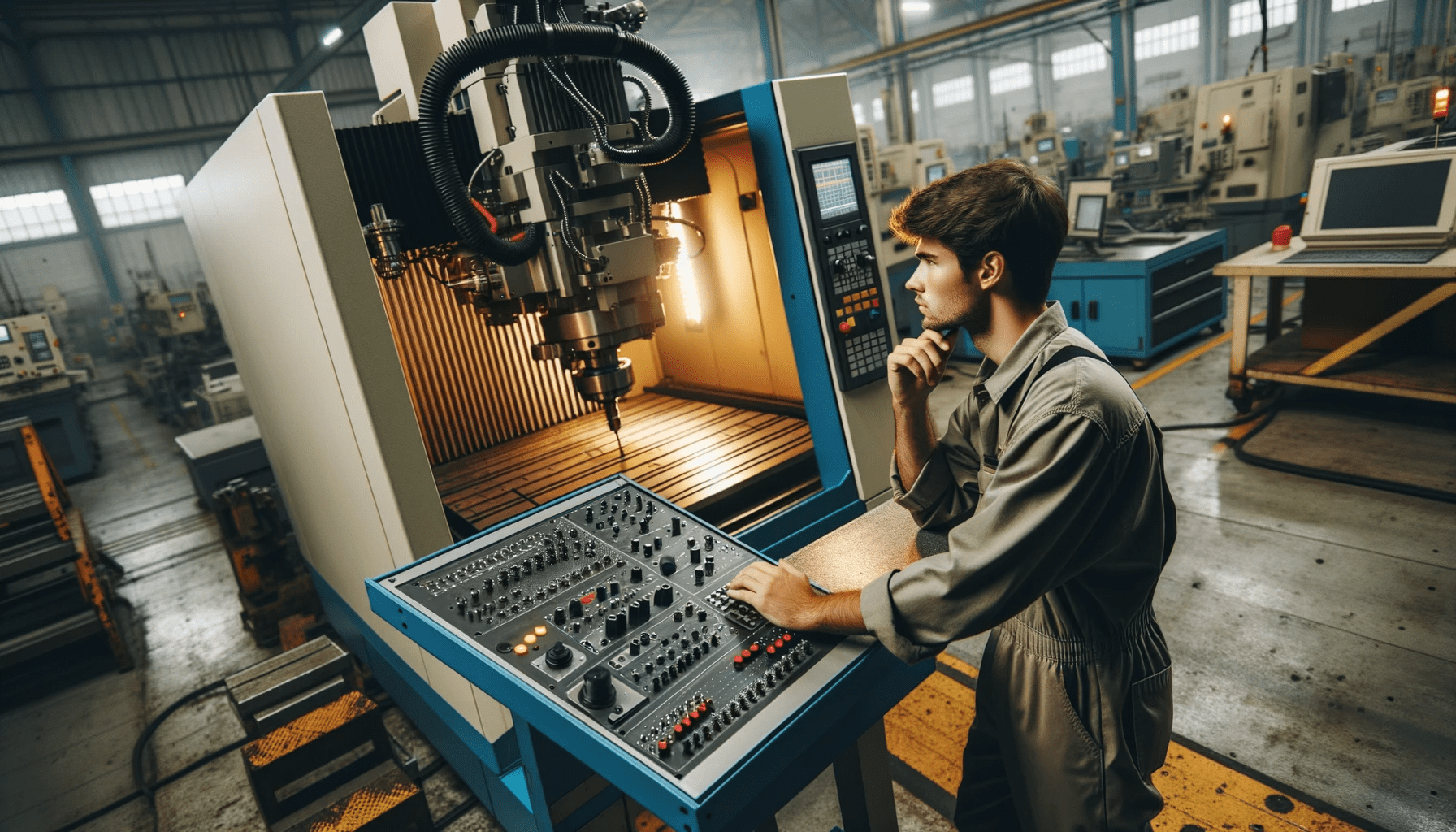Computer Numerical Control Machines are automated manufacturing tools that use pre-programmed software to control the movement of tools and machinery. These devices can be used to produce complex shapes with a high level of precision, far exceeding what manually operated machines can achieve. They are broadly used in various industries such as automotive, aerospace, and manufacturing among others.
CNC machines operate through a process known as subtractive manufacturing, which works by gradually removing material from a workpiece to create a desired shape or design. The intricate level of control that CNC machines provide makes them an indispensable tool for fabricators, as they allow for precise, repeatable, and efficient production.
These machines come in various types and designs, each with its unique functionality and usage. Some of the common types include CNC Mills, CNC Lathes, CNC Routers, and CNC Laser Cutters. The choice of a particular machine depends on the specific requirements of the task at hand.
Detailed Examination of Different CNC Machine Types
CNC Mills are perhaps the most common type of CNC machine and are typically used for cutting hard materials like metal or wood. They operate by rotating a cutting tool against the workpiece, creating a variety of shapes and designs. They are versatile, able to perform multiple tasks like drilling, boring, and producing slots.
CNC Lathes, on the other hand, are mostly used for producing designs that have symmetry about some axis of rotation (like cylinders, cones, and spheres). They work by spinning the workpiece while a cutting tool moves in linear motion. This results in precise, repeatable cuts, ideal for high-volume manufacturing jobs.
CNC Routers and Laser Cutters are more specialized machines. Routers are designed for cutting softer materials such as wood, plastic, and foam and are excellent for producing complex two-dimensional cutouts and three-dimensional shapes. Laser Cutters work by emitting a high-power laser to cut or engrave a variety of materials, delivering high precision cuts and engravings.
User Reviews and Experiences with Various CNC Machines
Users are appreciative of the precision and repeatability that CNC machines provide. For instance, CNC Mills often receive positive feedback for their versatility and ability to handle tough materials. However, some users mention that the significant initial investment and the requirement for routine maintenance can be off-putting.
CNC Lathes are praised for their precision and efficiency, especially in high-volume tasks. They are, however, reported to have a steep learning curve, especially for those unfamiliar with CNC machines.
CNC Routers tend to be popular among hobbyists and small businesses due to their ease of use and affordability. Laser Cutters, while not as common, are highly regarded for their precision and ability to handle a diverse range of materials.
Expert Opinions on CNC Machine Performance and Utility
Experts deem CNC machines as transformative tools in the field of manufacturing. They appreciate the level of precision, repeatability, and automation they offer, which significantly enhances productivity and reduces human error.
There is a consensus among experts that while CNC Mills and Lathes are excellent for high-volume, industrial settings, CNC Routers and Laser Cutters are more suited for small businesses and hobbyists due to their ease of use, affordability, and versatility.
However, experts also stress the importance of proper training and routine maintenance to ensure the longevity and efficient operation of these machines. They also highlight that the choice of machine should be carefully considered based on the specific requirements of the task.
Comparative Analysis of CNC Machines: A User and Expert Perspective
From both users’ and experts’ perspectives, it’s clear that each type of CNC machine has its own strengths and weaknesses, and the best choice depends on the specific manufacturing requirements.
CNC Mills and Lathes are versatile and powerful, capable of handling a wide range of tasks and materials. However, they require significant investment, both in terms of initial cost and ongoing maintenance. They are ideal for larger manufacturing settings with high-volume needs.
On the other hand, CNC Routers and Laser Cutters are more accessible and easier to use. They are highly regarded for smaller scale projects, hobbyist applications, and businesses that deal with softer materials.
The Best CNC Machines Based on Reviews
There isn’t a one-size-fits-all when it comes to CNC machines. Based on reviews, CNC Mills and Lathes are ideal for industrial settings demanding high precision and volume. Meanwhile, CNC Routers and Laser Cutters are excellent choices for small businesses, hobbyists, or those dealing with softer materials.
It’s important to note that these machines require a level of expertise to operate correctly and safely, and proper maintenance is key to ensuring longevity and optimal performance. Therefore, potential users should carefully assess their needs, budget, and technical expertise before choosing the right CNC machine.
